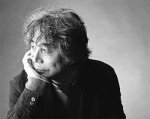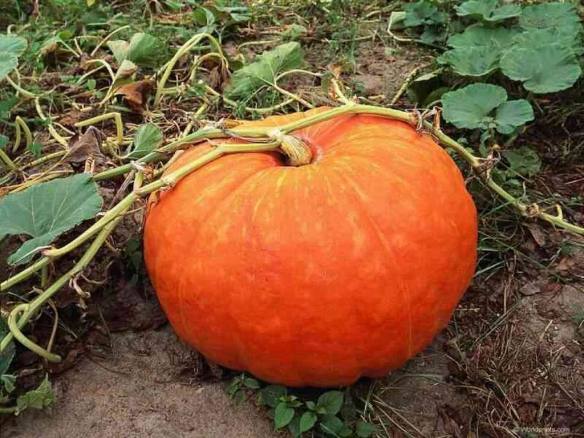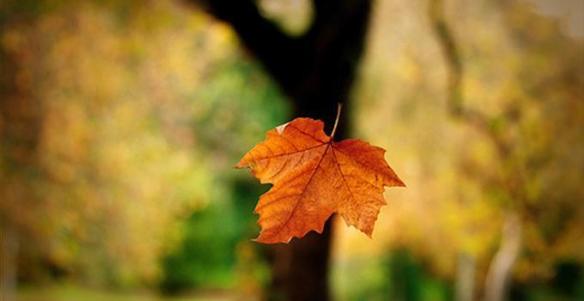Translated by Chae-Pyong Song and Anne Rashid

Photography by Hye Hyon
The Old Hill by Lee Si-young
In my hometown, Woosadool, persimmons may be ripening.
Coming home from school, I would climb the persimmon tree
suffering with a hungry stomach, and sing,
wishing that the autumn sunlight could ripen them,
wishing that the blue sky could ripen frost-laden persimmons.
Swinging my head between the branches,
I would sing mournful songs.
Ah, where did Giltay go?
Holding on to the tree till after the sunset,
Giltay would wipe his tears with his small fist,
gazing at his empty chimney where no smoke did rise.
Ah, where did Giltay go,
leaving behind his lame widow mother
below the persimmon tree?
옛동산/ 이시영
우리 고향 웃사둘 마을에는 감이 익겠지
학교에서 돌아오면 나무에 올라
주린 배를 참으며 노래 불렀지
가을볕 부신 햇살에 감이 익어라고
푸른 하늘 한가득 서리 묻은 감이 익어라고
가지 가지 사이로 머리통을 흔들며
노래 슬픈 노래 불렀지
아 길태는 어데 갔노
저녁이 지날 때까지 나무에 달라붙어
연기 오르지 않는 빈 굴뚝을 바라보며
작은 주먹으로 눈물 훔치던
아 길태는 어데 갔노
다리 저는 홀어머니 감나무 밑에 남겨둔 채
 Lee Si-young (1949- ) was born in Gurye, Jeollanamdo. He studied creative writing at Seorabeol College of Arts. Since his literary debut in 1969, he has published poetry collections such as The Full Moon (1976), Into the Wind (1986), Friend, the Road Is Far (1988), The Song Dangling with Dew (1991), The Pattern (1994), The Gap (1996), The Quiet Blue Sky (1997), The Silver Whistle (2003), The Sea Lake (2004), The Aroma of Cow Dung(2005), and For Our Dead (2007). He has received many prestigious literary awards, including The Jung Ji-yong Literary Award (1996), The Dongseo Literary Award (1998), Modern Buddhist Literary Award (2004), The Jihoon Award (2004) and The Baeksok Literary Award (2004). For the last forty years, he has strived to write “poetry, resisting the reality and contradictions of the day.” He currently teaches creative writing at Dankuk University in Seoul.
Lee Si-young (1949- ) was born in Gurye, Jeollanamdo. He studied creative writing at Seorabeol College of Arts. Since his literary debut in 1969, he has published poetry collections such as The Full Moon (1976), Into the Wind (1986), Friend, the Road Is Far (1988), The Song Dangling with Dew (1991), The Pattern (1994), The Gap (1996), The Quiet Blue Sky (1997), The Silver Whistle (2003), The Sea Lake (2004), The Aroma of Cow Dung(2005), and For Our Dead (2007). He has received many prestigious literary awards, including The Jung Ji-yong Literary Award (1996), The Dongseo Literary Award (1998), Modern Buddhist Literary Award (2004), The Jihoon Award (2004) and The Baeksok Literary Award (2004). For the last forty years, he has strived to write “poetry, resisting the reality and contradictions of the day.” He currently teaches creative writing at Dankuk University in Seoul.
 Moon In-soo (1945-) was born in Sungju, Gyeongsangbuk-do. He studied Korean literature at Dongkuk University in Seoul. He made his debut when he was forty two years old. He published such poetry collections as All the Roads In the World Lead To Home (1992), The Horn (1992), The Nesting Mountain (1999), Shhh! (2006), Umbilical Cord (2008) andThe Sound of Silence (2012). His prestigious literary awards include the Kim Dal-jin Literary Award (2000), the No Jak Literary Award (2003), and the Meedang Literary Award (2007).
Moon In-soo (1945-) was born in Sungju, Gyeongsangbuk-do. He studied Korean literature at Dongkuk University in Seoul. He made his debut when he was forty two years old. He published such poetry collections as All the Roads In the World Lead To Home (1992), The Horn (1992), The Nesting Mountain (1999), Shhh! (2006), Umbilical Cord (2008) andThe Sound of Silence (2012). His prestigious literary awards include the Kim Dal-jin Literary Award (2000), the No Jak Literary Award (2003), and the Meedang Literary Award (2007).








